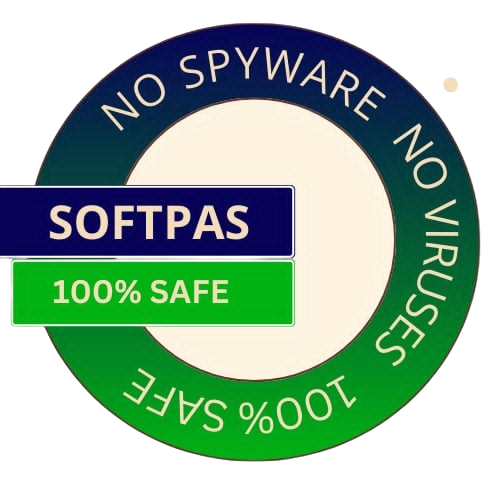
Get the best deals on your favorite games
sdparm is a cool open-source tool that you can use on multiple platforms for free! It’s mainly for Linux users who want to collect and set up SCSI mode page fields on their storage devices. This handy command-line utility supports a bunch of SCSI vendor-specific and transport mode pages. Plus, it’s built using the C programming language, which makes it pretty efficient!
So, what can sdparm do? Well, it can decode VPD (Vital Product Data) pages and send out various simple SCSI commands. Originally, it was designed for Linux but has since been ported to other operating systems like FreeBSD, Tru64, Solaris, and even Microsoft Windows.
This tool comes packed with several command-line options. You can check out the number of blocks on your device, see block capacity and length, stop or eject the medium, load the medium back up, and even check if it's ready for IO. It also gives you power condition info!
If you’re using sdparm, you’ll be able to spin up or down your medium easily. You can list all known fields for a certain SCSI device or clear field values without breaking a sweat. If needed, you can perform commands like ejecting a device or setting specific bits in mode sense CDBs.
Getting sdparm up and running in GNU/Linux is super easy! Just open your terminal emulator and type in ‘./configure && make’ to compile the program. After that’s done, run ‘make install’ to get it installed system-wide.
To see all the available options and usage examples, just run the ‘sdparm’ command in your terminal. If you prefer not to install it right away, no worries! You can still use it directly from the /src directory after compiling by typing ‘./sdparm’.
Go to the Softpas website, press the 'Downloads' button, and pick the app you want to download and install—easy and fast!

SoftPas is your platform for the latest software and technology news, reviews, and guides. Stay up to date with cutting-edge trends in tech and software development.
Subscribe to newsletter
© Copyright 2024, SoftPas, All Rights Reserved.